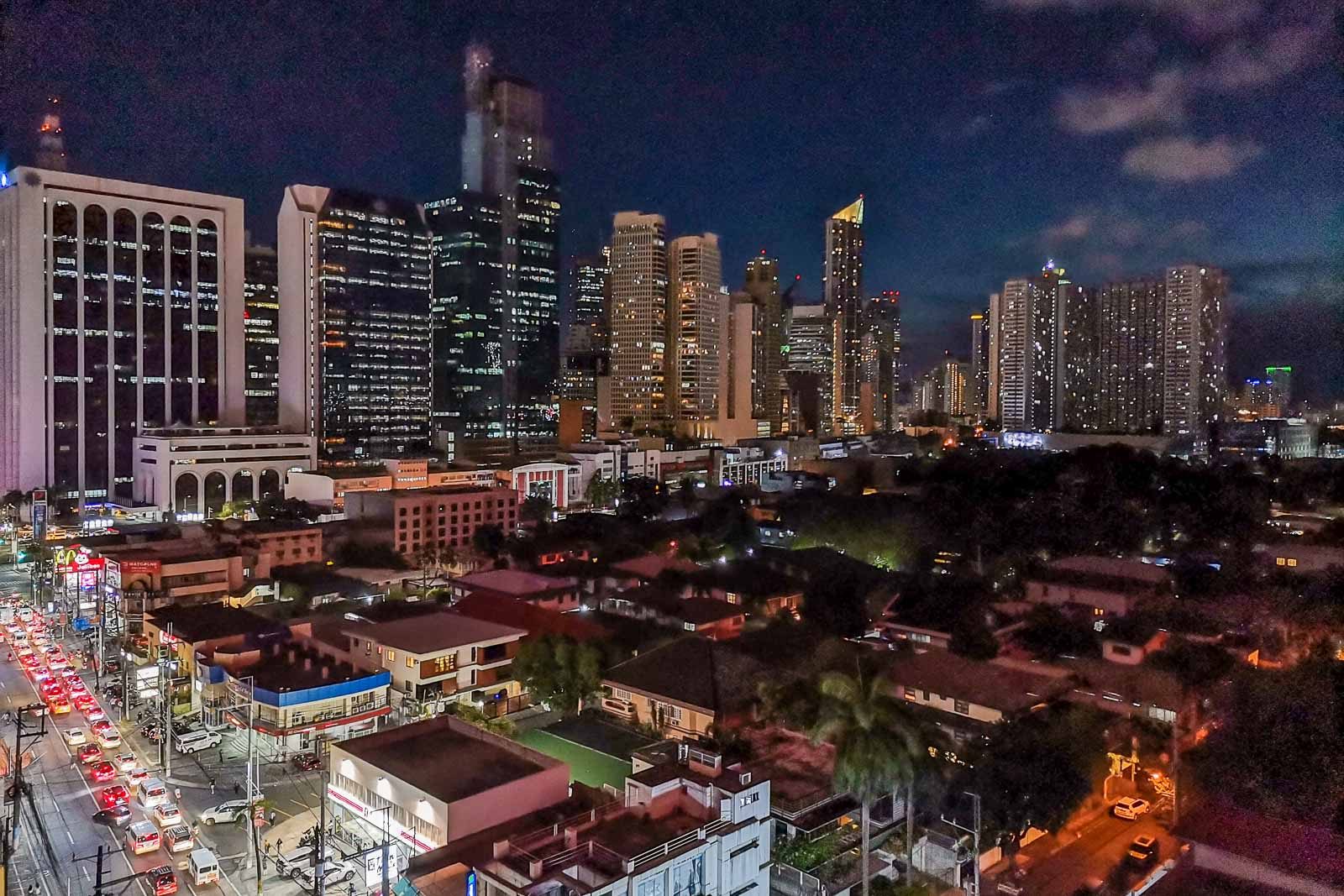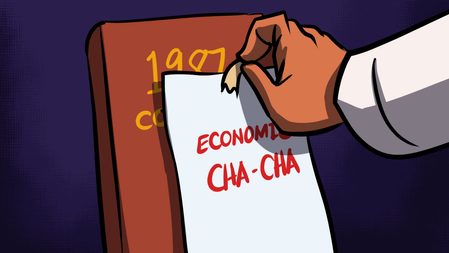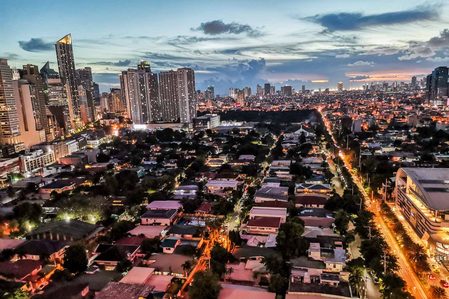SUMMARY
This is AI generated summarization, which may have errors. For context, always refer to the full article.

The top investment officer of the Philippines’ biggest bank believes that foreign direct investments (FDI) will play a big part in lifting the country’s economy in 2024 – with or without the controversial changes to the economic provisions in the Constitution that some lawmakers have been pushing for.
No less than President Ferdinand Marcos Jr. has thrown his weight behind economic charter change to lift the “restrictive” limits on foreign ownership in the country. The proposal – Resolution of Both Houses No. 7 – has already breezed through the House. RBH7, by the way, opens up foreign investment in just three sectors: education, advertising, and public utilities.
But if you ask BDO senior vice president and chief investment officer Frederico Rafael Ocampo, foreign investments will find their way into the country even without this move. And besides, Ocampo opines, these three target segments might not even be the most lucrative ones to open up anyway.

The senior bank official said that plenty of foreign investors are already coming in or showing a strong interest in investing in the Philippines, even with the existing 60-40 foreign ownership limit. How do they do it?
“We have PEZA zones, and in the Bataan area, they can easily expand the export processing zones. There’s flat land there,” Ocampo said on Thursday, April 4. “So they can do it. If nothing happens, they can do it by getting local partners, by entering the PEZA zones.”
Special economic zones, which are managed by the Philippine Economic Zone Authority (PEZA), are areas specifically designed to attract foreign investors. Foreign companies that set up shop in these zones enjoy incentives like exemptions from certain taxes and duties, and permanent resident status for big-time investors.
Ocampo also highlighted the case of Uniqlo, which opened more than 60 stores in the Philippines in just 10 years. The Japanese casual clothing brand took the country by storm, partnering with local mega-conglomerate SM Investments to get around the foreign ownership restrictions.
The BDO investment head also sees a lot of potential investors from the United States, lured by the recent visit of US Commerce Secretary Gina Raimondo in March 2024. The US commerce chief brought with her at least 30 US chief executive officers from leading companies in various industries – some of which, Ocampo said, have “already pulled the trigger.”
“She brought 30 US CEOs, including United Airlines’ CEO. United’s direct flights resumed, right? The others are still coming in,” Ocampo said in a mix of English and Filipino.
Besides the US, Ocampo expects companies elsewhere to turn to the Philippines as they shy away from China.
“When the US and European companies reduce exposure to China, where do they go?” Ocampo said. “Now, there are a lot of inquiries into renewable energy.”
But could economic charter change open the floodgates to more investors, as some lawmakers have been proposing? The veteran banker is doubtful.
“Maybe they’ll come in. But what’s the justification [for charter change]? Because you want to open education, advertising? Really? Those are not growth areas globally,” Ocampo said. “It’s AI, it’s tech, it’s driverless vehicles, it’s developing batteries to store solar power. That’s the global trend. Nobody is talking about advertising in the global trend or education.”
Others, such as the Philippines’ chief economist, will disagree. National Economic and Development Authority (NEDA) Secretary Arsenio Balisacan has gone on record saying that it was time to remove “unnecessary restrictions” on foreign investments, specifically citing the education sector.
“I think we have missed a major opportunity to have the country as a base for higher education of many countries that have looked for branch campuses outside of their country,” Balisacan said earlier in January.
Charter change is unpopular
A big majority of Filipinos (74%) believe that the Constitution “should not be amended now or any other time,” according to a recent Pulse Asia Research survey. Only 8% of Filipinos support charter change – making it now a deeply unpopular move.
Most Filipinos surveyed did not agree with any of the mentioned economic amendments to the Constitution, which include allowing foreigners to own schools, mass media and advertising companies, telecommunications, or residential and industrial land.
While a majority of Filipinos do believe that foreign ownership limits do hinder foreign investment in the Philippines, it’s not the only reason. Instead, a separate Pulse Asia survey found that the most common barrier cited was “complicated rules and regulations” (56%), followed by “restrictive rules on foreign ownership” (55%), and “corruption in the public sector” (46%).

Balisacan likewise mentioned the importance of dealing with other issues surrounding the ease of doing business in the Philippines, like high energy costs, and policies and regulations that change per administration.
A 2021 study by economists in the Bangko Sentral ng Pilipinas also found that “while reducing FDI restrictions and the corporate tax rate could provide a boost to a country’s FDI performance, improving the way business is done in a country would most likely have a more positive impact in attracting and retaining FDI.” – Rappler.com
1 comment
How does this make you feel?





![[Vantage Point] Philippine economic reforms run into headwinds](https://www.rappler.com/tachyon/2024/05/ph-economic-headwind-may-2024.jpg?resize=257%2C257&crop_strategy=attention)
![[In This Economy] A counter-rejoinder in the economic charter change debate](https://www.rappler.com/tachyon/2024/04/TL-counter-rejoinder-apr-20-2024.jpg?resize=257%2C257&crop=267px%2C0px%2C720px%2C720px)
Thanks to BDO senior vice president and chief investment officer Frederico Rafael Ocampo for his insight and Rappler’s Lancer Spencer Yu for this report. In the government sector, only academic economists can speak against the ballyhooed Charter Change; otherwise, the exit door will immediately open for them. In addition, according to Ocampo: “… three target segments (education, advertising, and public utilities) might not even be the most lucrative ones to open up anyway.” I greatly suspect that the Cha-cha economic provisions merely serve as “bait” for the political provisions to follow. The “humble suggestions” of Presidential Adviser Larry Gadon support this suspicion.